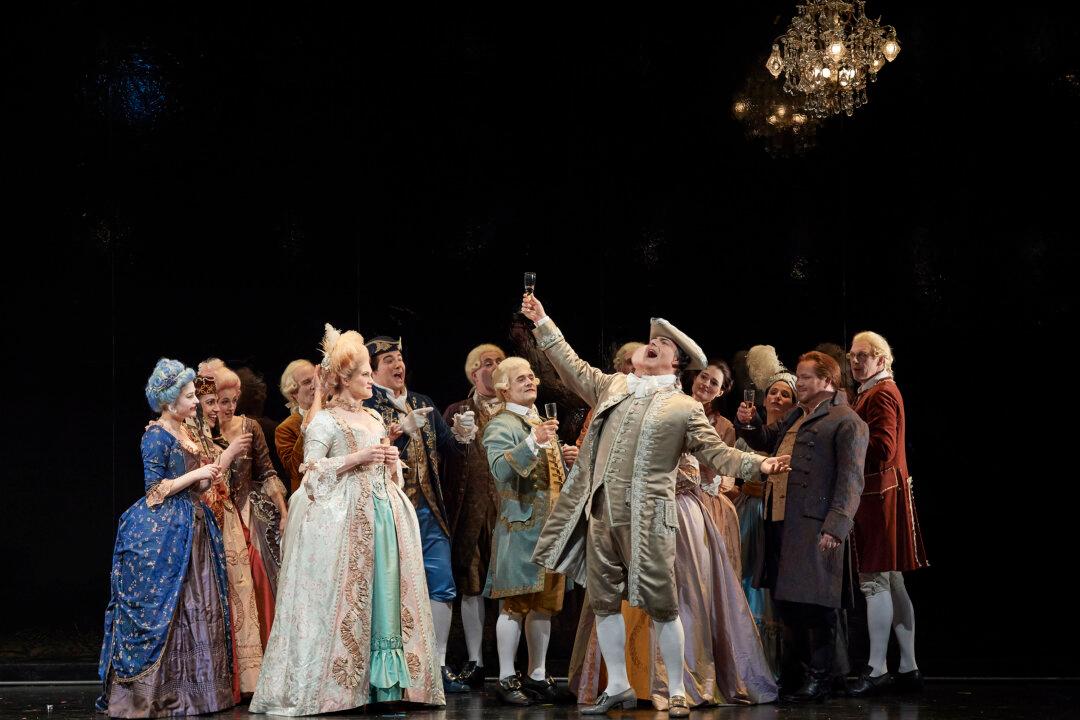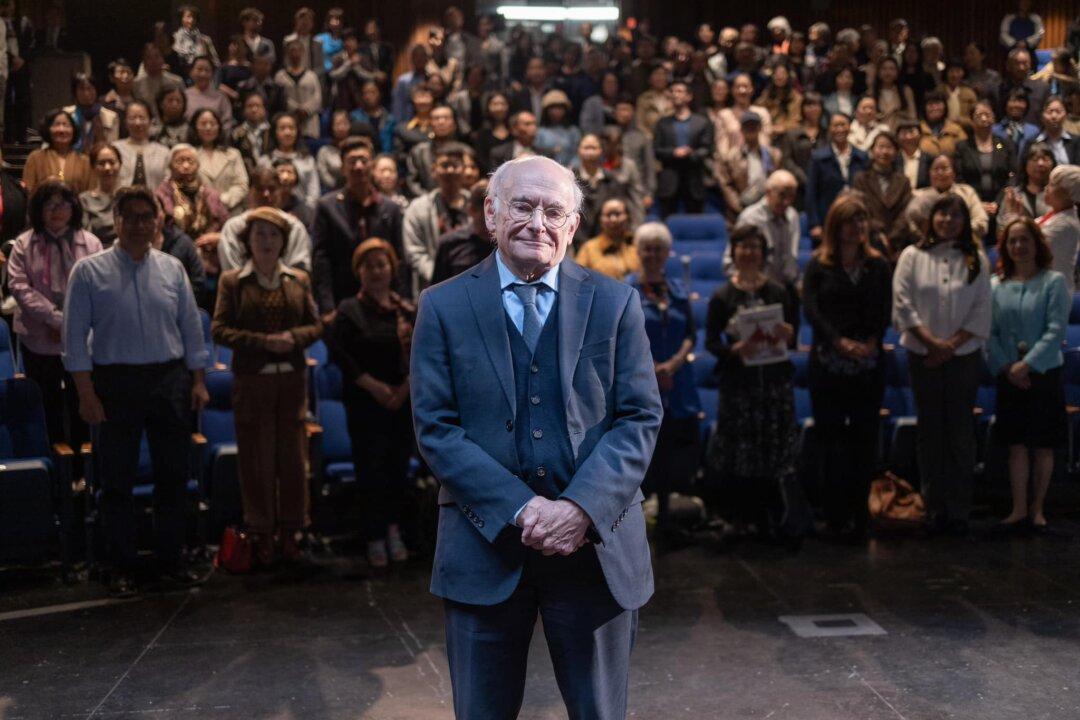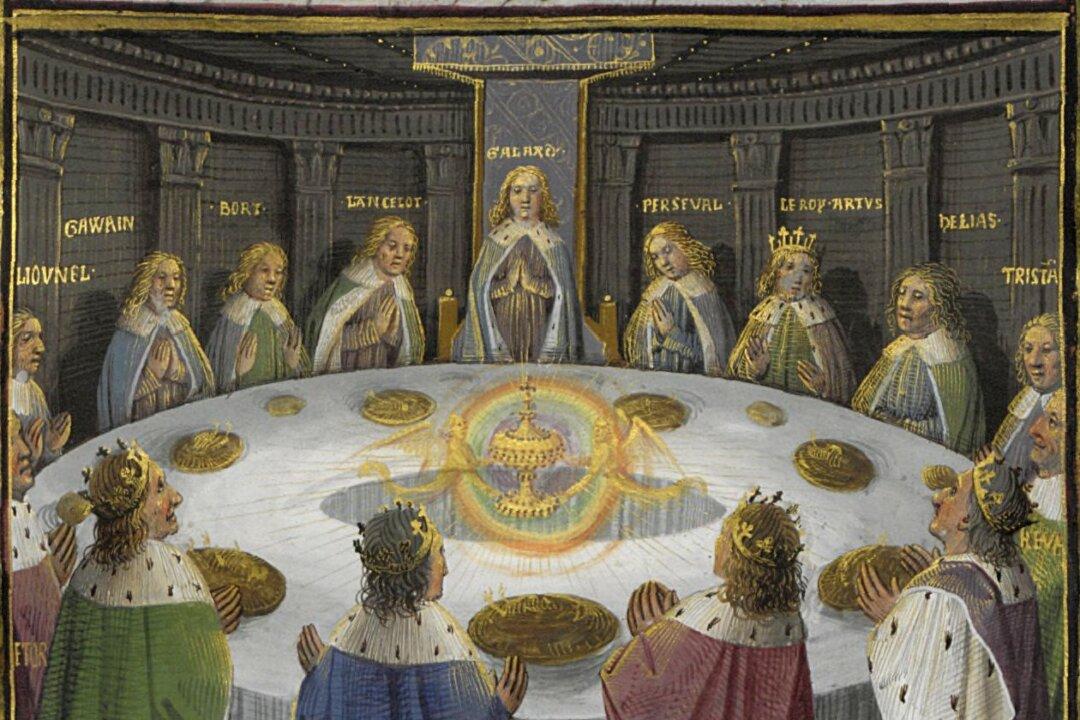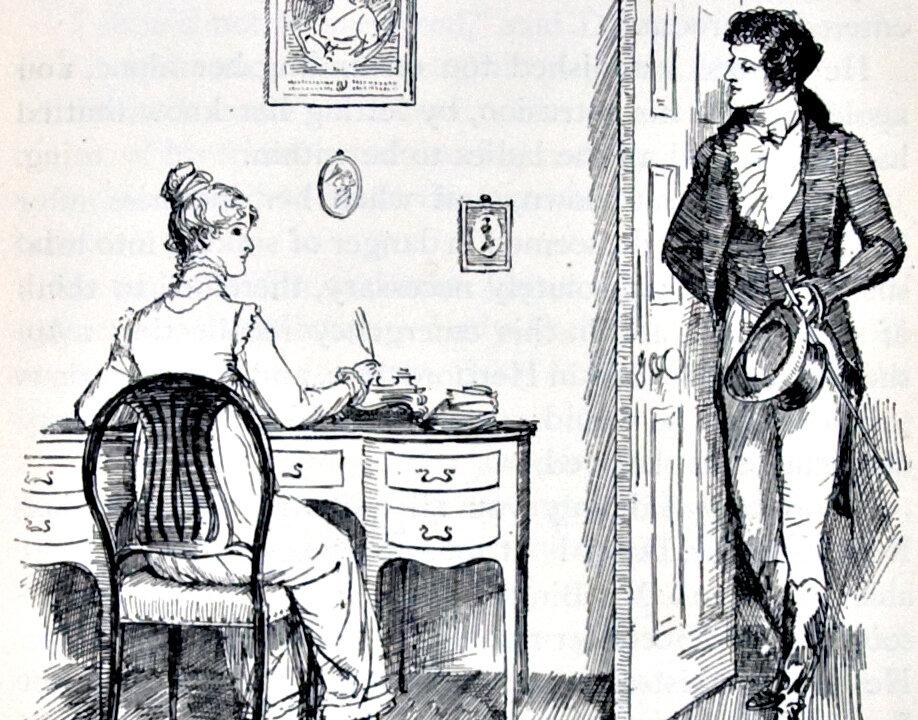Mauro Peter was just 17 when he performed in a staged musical with his boys’ choir in his hometown of Lucerne, Switzerland. That was the moment when he knew performing onstage was the path he wanted to take. He chose to sing opera.
‘I thought, that’s me, that’s my voice,” says the tenor, who is making his North American debut as Belmonte in Mozart’s German-language opera “The Abduction from the Seraglio” with the Canadian Opera Company in Toronto.





